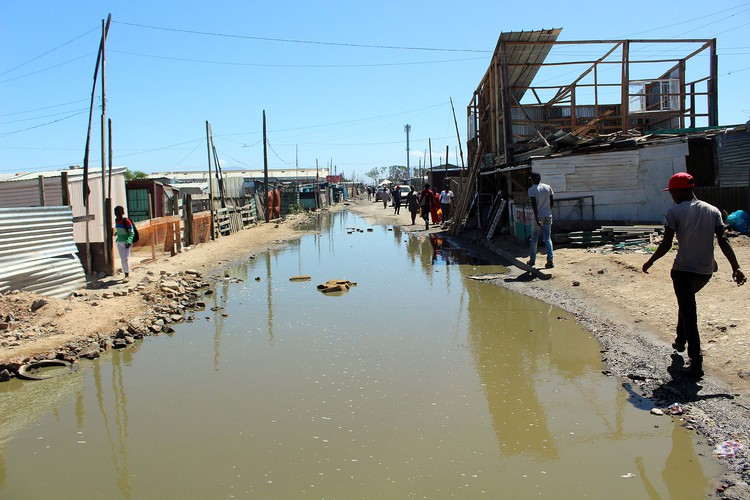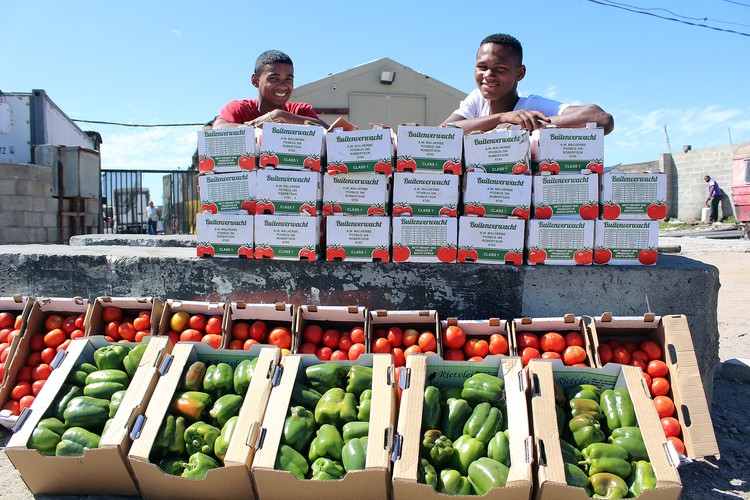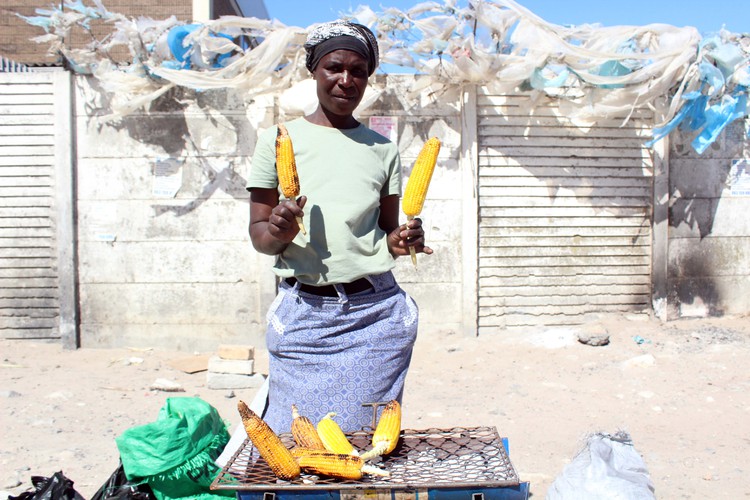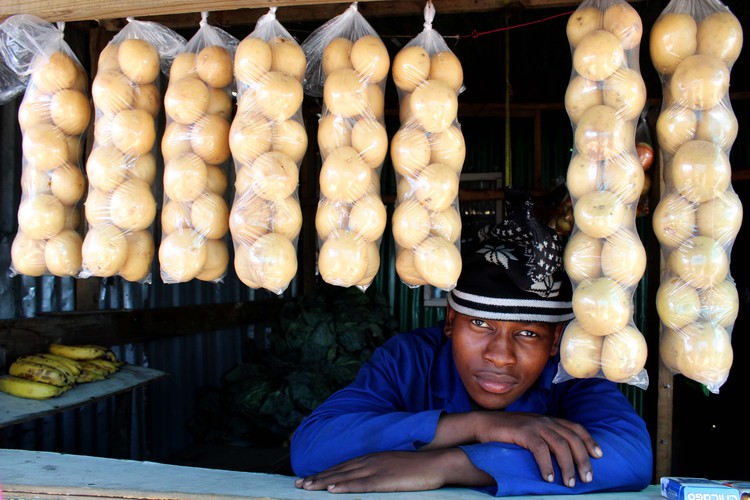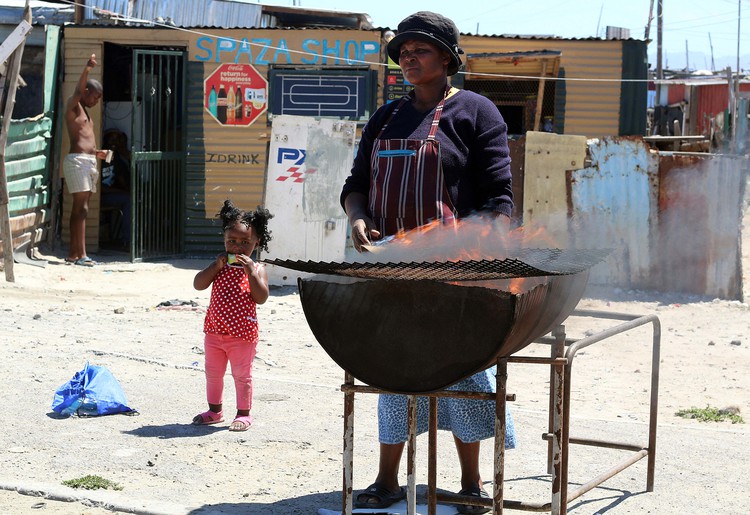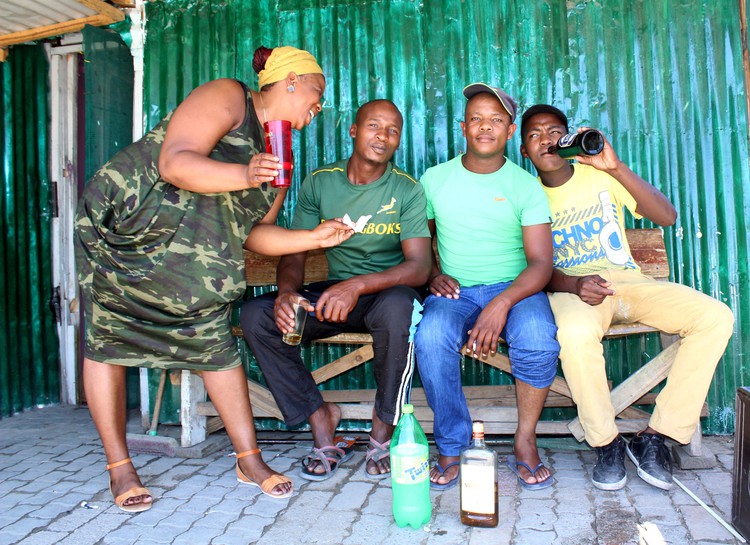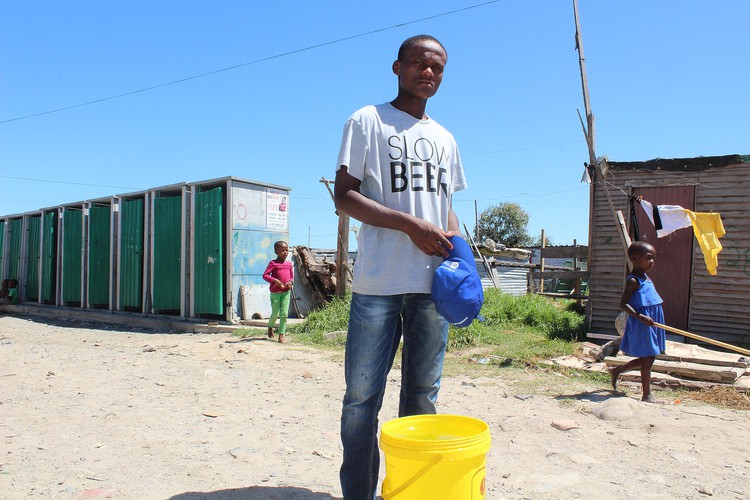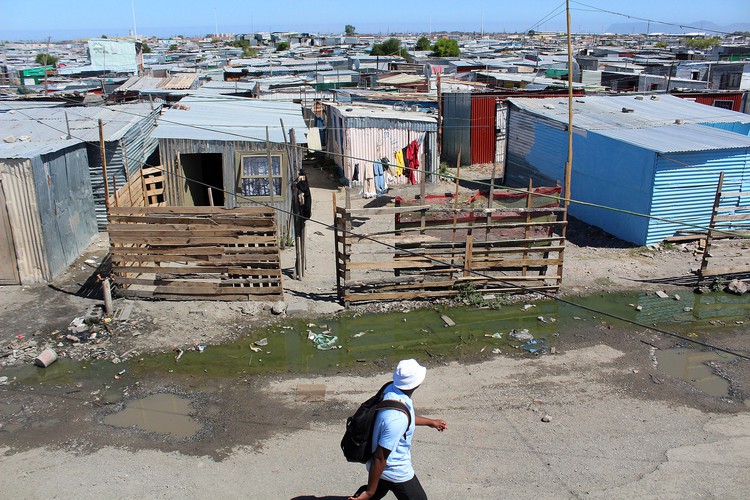Life in Cape Town’s most controversial informal settlement
Future of Marikana informal settlement in Philippi East in the hands of a judge
This week the court case to decide what will happen to Marikana informal settlement in Philippi East concluded. Judgment is reserved. 60,000 people are living on private land that they began occupying several years ago. The land owners want the state to buy them out or compensate them. The state is reluctant. Nearly everyone agrees eviction is not an option. On Tuesday Masixole Feni photographed life in the settlement.
“They live here not out of choice. They live here out of desperation,” said advocate Irene de Vos representing the Marikana residents in the Western Cape High Court. But even in desperation, there is hustle, bustle and great effort to make life tolerable and dignified.
Support independent journalism
Donate using Payfast

Don't miss out on the latest news
We respect your privacy, and promise we won't spam you.
Next: Bongiwe Ninini’s murder shines a light on inequality
Previous: Qunu residents desperate to relocate
Letters
© 2017 GroundUp. 
This article is licensed under a Creative Commons Attribution-NoDerivatives 4.0 International License.
You may republish this article, so long as you credit the authors and GroundUp, and do not change the text. Please include a link back to the original article.

